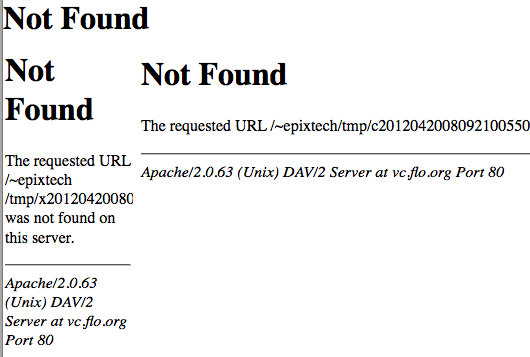The Universala Esperanto-Asocio experience as a UN Non-Governmental Organization
I am here to represent the Universala Esperanto-Asocio, or UEA. UEA was founded in 1908. We are the largest international organization of Esperanto-speakers. Esperanto, as you probably know, is a language first published in 1887 that was constructed by Ludwig Zamenhof because he thought there ought to be an easy-to-learn neutral second language: not to replace other languages, but to allow people to easily learn a common language and be communicate with everyone else.
UEA does many things. We organize the largest of the many annual meetings of Esperanto-speakers worldwide (the Universala Kongreso), provide services to the Esperanto community, support the Center for Exploration and Documentation of the World Language Problem, publish magazines and books, and most importantly in this context, we are advocates for language rights, multilingualism and the proposition that a neutral international language can improve the chances for peace by enabling direct communication among people who do not otherwise share a common language.
Esperanto has received little official direct acknowledgment. It was proposed to the League of Nations as early as the 1920s, but was never formally adopted -- the only outcome being that it was accepted as a clear language for telegraphy in 1925. In December 1954, after a high-profile campaign, UNESCO officially recognized UEA. Since that time we have participated as a non-governmental association (NGO) with UNESCO and sometimes UNICEF. UEA has also been granted special consultative status with UN, allowing us to place items on the agenda of the Economic and Social Council (ECOSOC).
UEA has volunteer representatives to the UN here in New York and also in Paris, Geneva, and Vienna. Our New York office here at the United Nations Plaza was set up in the 1970s by Humphrey Tonkin. Our current director, Neil Blonstein, has been extremely effective at making the office visible in the UN by attending meetings and conferences -- and organizing symposia like this one.
Primarily, however, UEA exercises the right to provide written statements, and in some contexts, to speak directly on issues before the UN related to language, language rights, and multilingualism. In September 2011, for example, the annual conference of the Department of Public Information Non-Governmental Organizations in Bonn issued a declaration regarding sustainable societies that essentially didn't mention language or multilingualism. Through the written statements submitted by Stefano Keller, the UEA representative in Geneva, the declaration was amended to acknowledge the role language plays in sustainable societies and to include the following statement:
"We call for the respect and inclusion of ethnic languages in the educational system, as these languages comprise the complexity of their respective environments, and to take into consideration the potential of a neutral international language that combines ease of learning and clarity with neutrality, and therefore can be seen as inherently sustainable;"
The other side of our organization is to represent the UN to the Esperanto community — to help Esperanto speakers understand how the UN works and how to take best advantage of the opportunities offered by the UN. We maintain a website that includes Esperanto-language translations of core documents and reports relevant to Esperanto-speakers, including the Universal Declaration of Human Rights, the UNESCO Universal Declaration on Cultural Diversity, and many others.
Regularly, UNESCO has officially recognized the Esperanto community. In 1959, on the 100th anniversary of the birth of Esperanto's founder, UNESCO published a biography of L.L. Zamenhof and recognized him as an important historical figure. In 1987, UNESCO issued an address on the centenary of Esperanto's publication. In most years, a statement to Esperanto community is offered on the occasion of the Universala Kongreso. In 2011, Irina Bokova, Director-General of UNESCO provided a message of salutation and encouragement that included this statement:
"The Esperanto movement, founded over one century ago, has steadfastly advocated equality between the world’s languages, cultures and peoples. Similarly, UNESCO is convinced that multilingualism has become crucial for preserving the wonderful diversity that characterizes humankind, particularly in the present era of ever-expanding globalization. Moreover, as an integral part of our identities, multilingualism has gained wide acceptance as a strategic factor for peace and sustainable development."
We in the Esperanto community look forward to continued positive and fruitful engagement with UNESCO and the UN.

 Today, I tried to use my library's website to request a book. Daniel asked me about zombies and vodooism and I mentioned the book
Today, I tried to use my library's website to request a book. Daniel asked me about zombies and vodooism and I mentioned the book